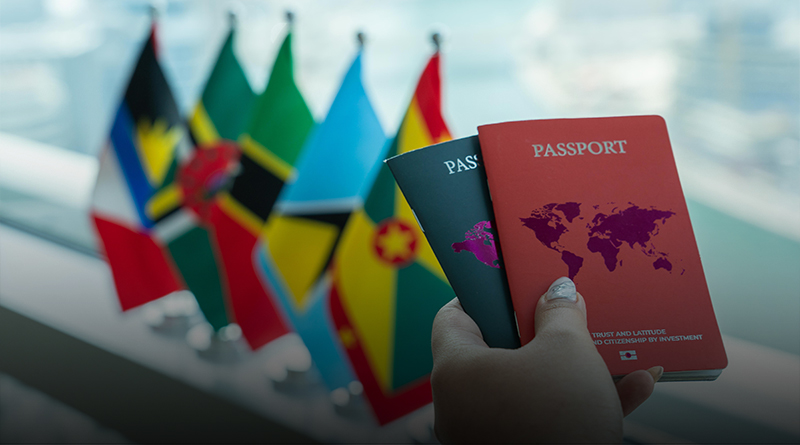Jump to other articles:
- Program Bundling In Investment Migration: A Strategic Planning Approach
- Exploring Malta: A Refined Guide for Prospective Residents
- Italian Citizenship by Descent: Constitutional Challenges Introduce a Critical Window for Applicants
- Caribbean Citizenship Benefits: How OECS Passports Offer Regional Freedom
- Why New Zealand’s Active Investor Plus Visa Is Gaining Momentum Among Wealthy Americans
Caribbean Citizenship by Investment: New Residency Requirements Coming in 2025

Caribbean CBI Programs Enter a New Era in 2025
The Caribbean’s Citizenship by Investment (CBI) industry is preparing for significant updates. The five Eastern Caribbean nations — Antigua & Barbuda, Dominica, Grenada, St. Kitts & Nevis, and St. Lucia — have agreed in principle to sweeping reforms designed to strengthen program integrity, respond to international concerns, and ensure long-term sustainability.
Under a proposed treaty, the countries will form a unified Eastern Caribbean Citizenship by Investment Regulatory Authority (EC-CIRA). This new body will harmonise rules, oversee licensing, and coordinate enforcement across all member states.
The 30-Day Residency Requirement Explained
The proposed headline change is the introduction of a mandatory 30-day physical stay in the issuing country within the first five years of citizenship being granted. This marks a decisive departure from the long-standing “no/low visit requirement” model, which has made Caribbean CBI programs so attractive to busy global investors.
Previously, only Antigua & Barbuda had a post-approval residency requirement, which was five days. It provided the opportunity for its new citizens to experience the culture and natural beauty the country has to offer.
Cross-Border Information Sharing and Denied Applications
For the first time, the five participating countries will share detailed information on applicants — including those who have been denied citizenship in any member state. This prevents rejected applicants from simply re-applying in another jurisdiction, tightening the region’s security and compliance standards.
Application Caps, Passport Validity Changes, and Enforcement
The reforms may also introduce annual caps on CBI approvals, reduce the validity of first-time passports from ten years to five, and require compliance checks before renewal.
The initial five-year passport validity would extend to ten years upon confirmation that the obligations, such as the residency component, have been fulfilled.
Why Caribbean Nations Are Making These Changes
Caribbean CBI programs have been under increasing scrutiny from the EU, US, and other global partners, who are concerned about due diligence, security risks, and the ease of obtaining a second passport without a meaningful connection to the granting country.
These reforms directly address those concerns while strengthening the integrity and reputation of the programs. By implementing the residency requirement, it fosters a stronger connection between new citizens and the country, supports local tourism, and generates economic activity. It also aligns with international best practices by showing a commitment to genuine links between the country and its economic citizens. This will help safeguard visa-free agreements and maintain global confidence in the programs.
For new citizens, spending 30 days in the country provides an opportunity to build a personal connection with their new country of citizenship. It allows them to explore its culture, lifestyle and business environment first-hand – turning the citizenship into more than just a passport, but a relationship with a country they have experienced and contributed to.
What the New Rules Mean for CBI Investors
If you’re considering Caribbean citizenship, timing is crucial. The reforms are expected to be ratified and begin rolling out from late 2025, with some countries potentially implementing them earlier. Acting now could mean avoiding additional residency and integration obligations.
Impact on Real Estate Investment Options
Real estate-based CBI programs will become even more attractive under the new rules, providing a qualifying investment and a base for meeting the 30-day residency requirement.
Secure Your Citizenship Before the 2025 CBI Reform Deadline
At Latitude, we view these reforms as an opportunity to engage with a stronger and more respected Caribbean CBI framework. Our experienced team can guide you through every step — from selecting the right jurisdiction and preparing for enhanced due diligence, residency and real estate planning, and ensuring ongoing compliance.
Now is the time to act. Contact us today to secure your Caribbean citizenship and stay ahead of these landmark changes.
 Back to News
Back to News